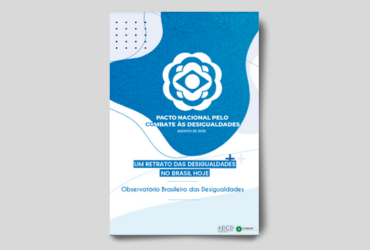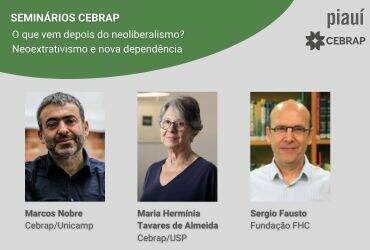The IPP-Cebrap has joined India’s OP Jindal Global University, Thailand’s Mahidol University, and Britain’s University of York to create the Global Classroom project. This initiative is directed at students and researchers who wish to learn about and discuss new challenges in and approaches to global development. The program for this semester deals with topics such as reimagining the concept of ‘development’, forecasting how climate change will affect development in future, and discussing the potential of new forms of multilateral cooperation between states in the global South. The seminars are being recorded and posted at the YouTube channel of the Department of Politics, University of York.
Representing Cebrap’s IPP, Pedro Mouallem and Zoheb Khan delivered the third class of this semester titled ‘Leveraging Private Means for Public Goals: Understanding (and Critiquing) the Role of Global South States in Developing Green Bond Markets’.
Many believe that governments – especially in the developing world – cannot fund the urgent shift to a low-carbon economy alone. States around the world are therefore encouraged to enter into partnerships with the private sector to mobilise resources, as, for example, in the Sustainable Development Goals and the Paris Agreement. Green bonds are debt instruments whose proceeds are earmarked to fund projects labelled as “green” – like investments in renewable energy infrastructure – while offering competitive financial returns. This represents a potential ‘win-win’ solution benefiting people, planet and investors. However, some argue that the development of green bond markets shifts the control, ownership and pace of the green transition to the private sector, reinforces already powerful interests, and requires that states carry out costly ‘derisking’ of markets to safeguard private profits. In this seminar, Pedro and Zoheb explore these debates in the context of two major emerging economies – Brazil and South Africa.





